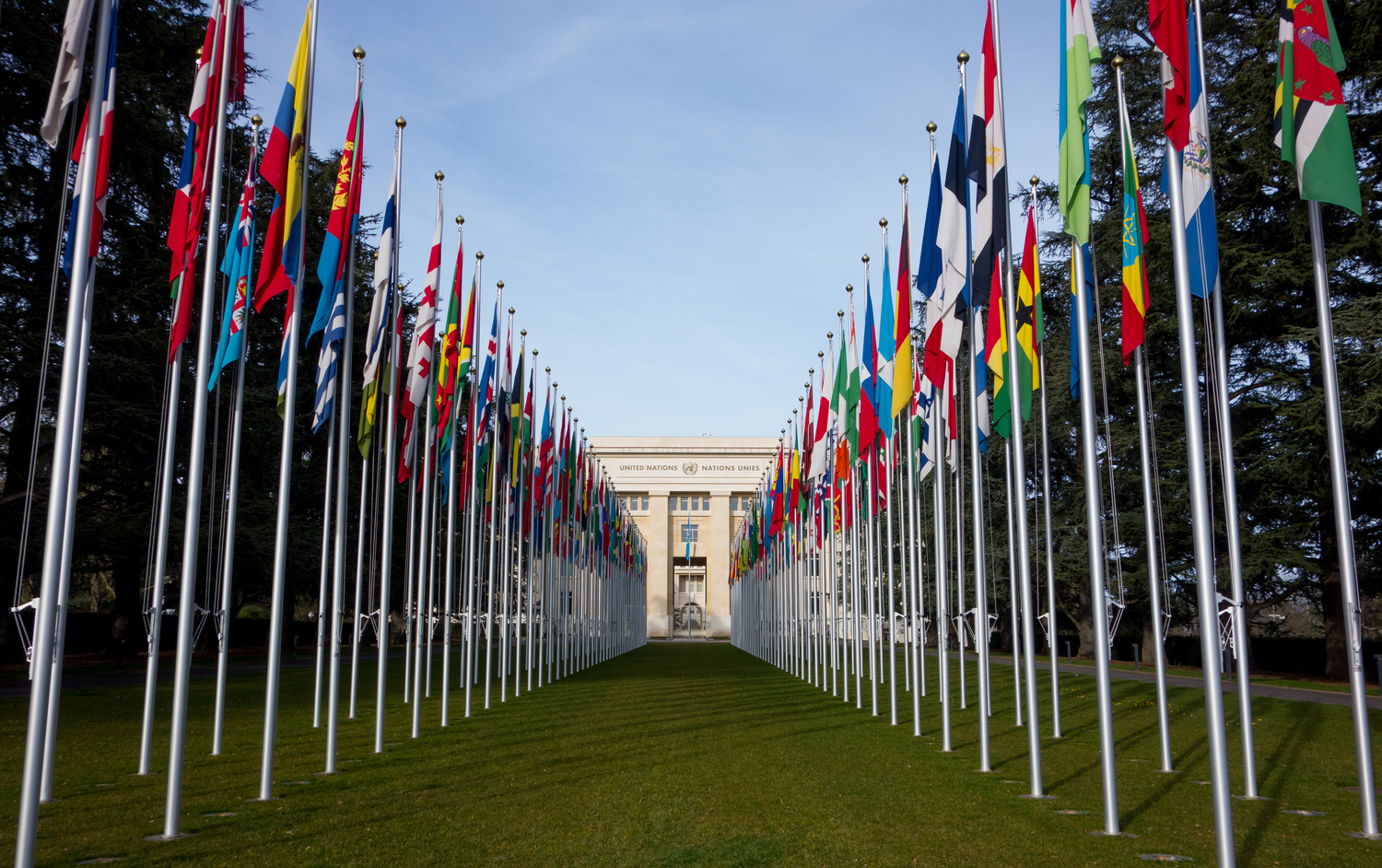6 March 2019 – On behalf of the Iraquí Development Organization, Bridget Quitter delivered an oral intervention at the 40th Session of the Human Rights Council, during the Annual Debate: The Rights of Persons with Disabilities. In her intervention, she raises concerns about the ability of soldiers fighting in the war in Yemen to receive the assistance they require. Please continue Reading for the full text of the statement, or click here for a PDF.
Mr. President and Honorable Panelists,
Thank you for your report and remarks. We would like to raise concerns about the ability of soldiers fighting in the war in Yemen to receive the assistance they require.
The Saudi- and Emirati-led war in Yemen has caused numerous deaths of coalition soldiers, as well as UAE-hired mercenaries. Through documentation and independent reports, it is clear that both Saudi Arabia and the UAE are unable to adequately support the new communities of disabled soldiers and mercenaries.
Neither state has provided those in need with any redress process or consistent, long-term medical services. This is particularly apparent among the mercenaries and private security companies hired by the UAE, as is the lack of adequate compensation by the Emirati government. At the most basic level, newly disabled soldiers do not know where to go to appeal for assistance and rehabilitation support. Without this support, they are unable to re-integrate into society.
In addition, both Saudi Arabia and the Emirates lack the necessary infrastructure to assist individuals with psychosocial disabilities or support families needing caring for disabled persons. This is exacerbated by the lack of funding to support this new wave of disabled persons. Given the vicious nature of the war in Yemen, and corresponding levels of trauma, this lack of support and rehabilitation infrastructure has severely affected these communities. The lack of support and rehabilitation services provided by Saudi Arabia for its soldiers who fought in Yemen is echoed domestically, as disabled non-Saudis receive zero support from the state.
Honorable panelists, as this is a recently new concern for the Saudis and Emiratis, what expertise can you offer legally and in legislation that these states can utilize to provide rehabilitation to persons of disabilities stemming from conflict?
Thank you





